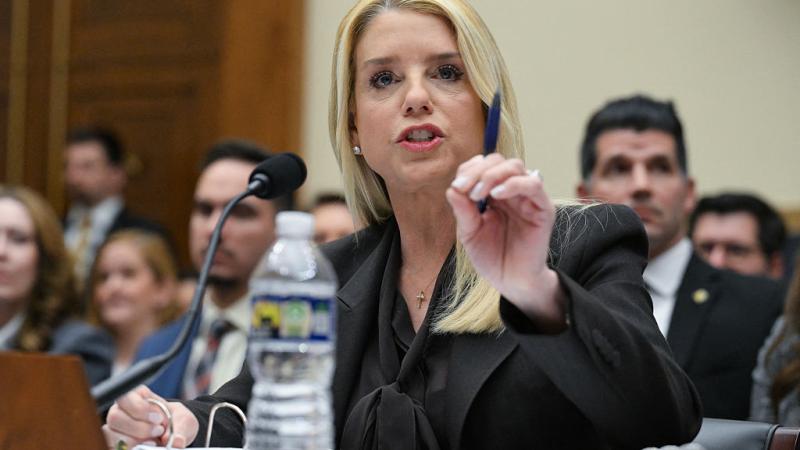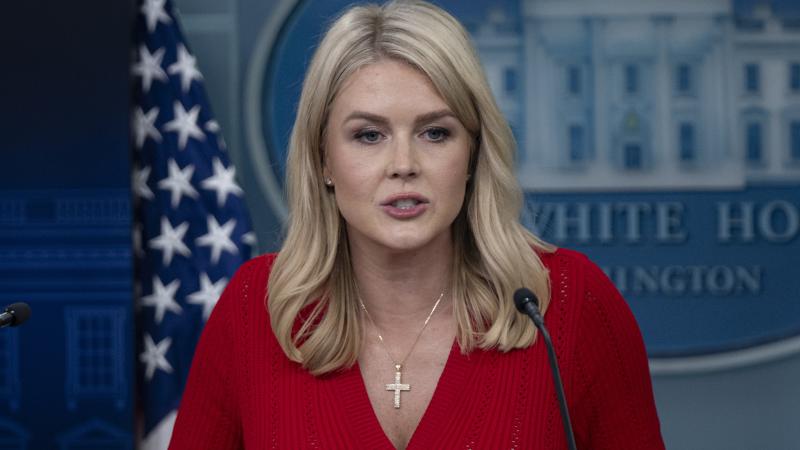Judge rules Fulton County District Attorney Fani Willis can stay on Trump election interference case
Fulton County Superior Judge Scott McAfee oversaw the Willis, Wade case
A judge in Georgia ruled Friday that Fulton County District Attorney Fani Willis can remain on the case in which former President Trump and 18 co-defendants are accused of meddling in the 2020 election results.
However, Fulton County Superior Judge Scott McAfee said either Willis or special prosecutor Nathan Wade can stay on case, not both, after hearing arguments that Willis and Wade's personal relationship compromised the case.
"The District Attorney may choose to step aside, along with the whole of her office, and refer the prosecution to the Prosecuting Attorneys’ Council for reassignment," McAfee wrote.
"Alternatively, SADA Wade can withdraw, allowing the District Attorney, the Defendants, and the public to move forward without his presence or remuneration distracting from and potentially compromising the merits of this case," he added.
A Trump co-defendant tried to have Willis removed upon learning she and Wade, whom Willis hired for the case, had or were having a romantic relationship. Among the arguments was that Willis financially benefitted from the deal, considering, in part, Wade was paying for them to take romantic vacations.
Read Judge's Ruling Here:
McAfee said he found the “allegations and evidence legally insufficient to support a finding of an actual conflict of interest.” However, he found there remains an “appearance of impropriety,” according to the Associated Press.
Much of hearing last month on trying to remove Willis centered on whether she hired Wade while dating him, or after they started working together.
“Even if the romantic relationship began after SADA Wade’s initial contract in November 2021, the District Attorney chose to continue supervising and paying Wade while maintaining such a relationship," the judge wrote. "She further allowed the regular and loose exchange of money between them without any exact or verifiable measure of reconciliation."
Judge McAfee also rejected the defendants' claims Willis should be disqualified for improper comment by expressing a "personal belief in the defendant's guilt." Despite finding the evidence presented against Willis insufficient, McAfee did criticize Willis' conduct in several instances, including her decision to permit her office to speak publicly about grand jury proceedings leading up to the indictment and her televised speech to a local Atlanta church complaining about the motions brought against her. In these instances, McAfee found Willis' behavior "legally improper."
"Providing this type of public comment creates dangerous waters for the District Attorney to wade further into," McAfee wrote, indicating that the time may have come for the court to limit Willis and her office's ability to publicly comment on the case.
















